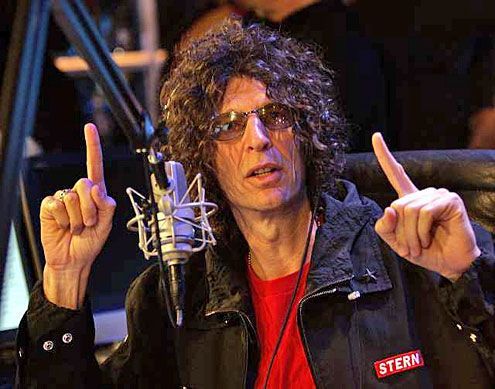WorldTraveler said:
With all due respect, I believe that DL's interest in MRO work is because of the efficiencies and lower cost that MRO work can do to lower DL's costs, not because DL is generous enough to use the efficiencies it gains from maintaining its own fleet to offer lower costs on the MRO side.
It's a chicken vs. egg thing and it isn't really worth arguing about, but DL's primary interest is its own fleet and the costs to maintain it. It is because DL is very good at what it does that it can do it for other customers and make money doing so.
if that were the case then Delta would do a lot more of its own work in-house.
management has told us what the deal is. Its about the money. If it wasn't for the money we would more than likely be gone.....
WorldTraveler said:
As for AA, they clearly made some decisions with their own fleet plan that impact their ability to do MRO work. but remember even before the merger, AA's in-house maintenance costs were higher than DL's - DL has had the lowest maintenance CASM among US airlines for years -so it is possible that the same evaluation process for them would not necessarily result in bringing in MRO work like it has at DL.
Delta does have lower costs, but AA was a much bigger MRO. Call it what you want to call it, Horton just wanted to be rid of maintenance. Its an easy target. Its not something that is part of the "core" and it something the wall street types love to see leave. You will remember however that Arpey defend doing as much in-house as possible. He said the same things i constantly say, the extra and **** work you get isn't worth the savings. And under him AA was a fairly large MRO.
WorldTraveler said:
The clarification is good about getting licenses to do other people's work vs. on one's own fleet but as you have noted, the volume for large engines requires doing MRO work in order to be cost effective.
not true at all. It is all about the volume. When you have 200 engines in the fleet it doesn't matter if its a BR715 or GE90. As it is right now, it looks very likely that UA and AA will both be well about the 100 engine number. That should be enough to do them in-house.
WorldTraveler said:
While many have tried to say that DL's diverse fleet - widebody and narrowbody - adds costs, I have long believed that DL uses it to increase Tech Ops' capabilities so the increased costs are not only negated but acutally used as a basis for DL's gain.
again this would be true if we did more work in-house.
Just on the engine side alone, Delta sends out 500ish engines and 6 types. The V2500 is a classic example. Well over 600-700 engines in the US alone but Delta sends them to Australia for overhaul. Delta does 5 engines types in-house (PW2000, JT8D-219, PW4000-94, CFM56-7B, GE CF6) American does (CFM56-7B, JT8D-219, RB211, T800, CF6) in house. Same amount of engines and AA has a much simpler fleet.
(note Delta also does the CF34 in-house but doesn't have any in the Delta fleet)
WorldTraveler said:
Other carriers simply won't come to the same conclusion and thus need either more standardized fleets or don't have costs low enough to do MRO work so have to send work out.
Simpler is not a bad thing. Look at AA coming up. Fairly simple fleet and will have all the in demand and growing engine bases. V2500, CFM56, GEnX, GE90 etc.
No US carrier is going to be so simple that they don't offer most, if not all, the in demand engines. When they don't it will be in the widebody marketplace where the volume isn't as large as the narrow body market.
WorldTraveler said:
the latest financials show once again that DL is the most efficient and lowest cost of the big 3 legacy carriers despite its more complex fleet so its not just about Tech Ops but Tech Ops mirrors the rest of DL in that regard
again, somewhat.
Delta shouldn't be outsourcing what it does. period.
Hopefully that keeps changing for the better but as i have said, they are pissing away good revenue chances.

